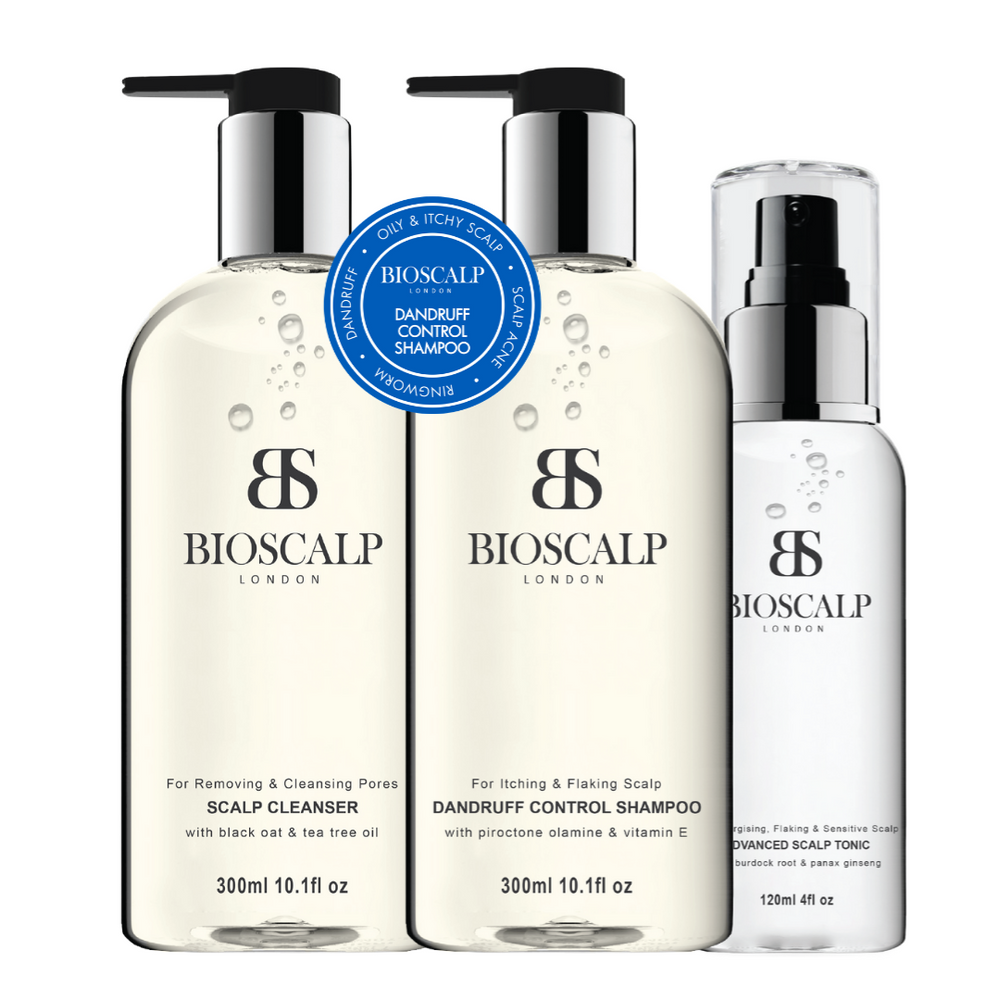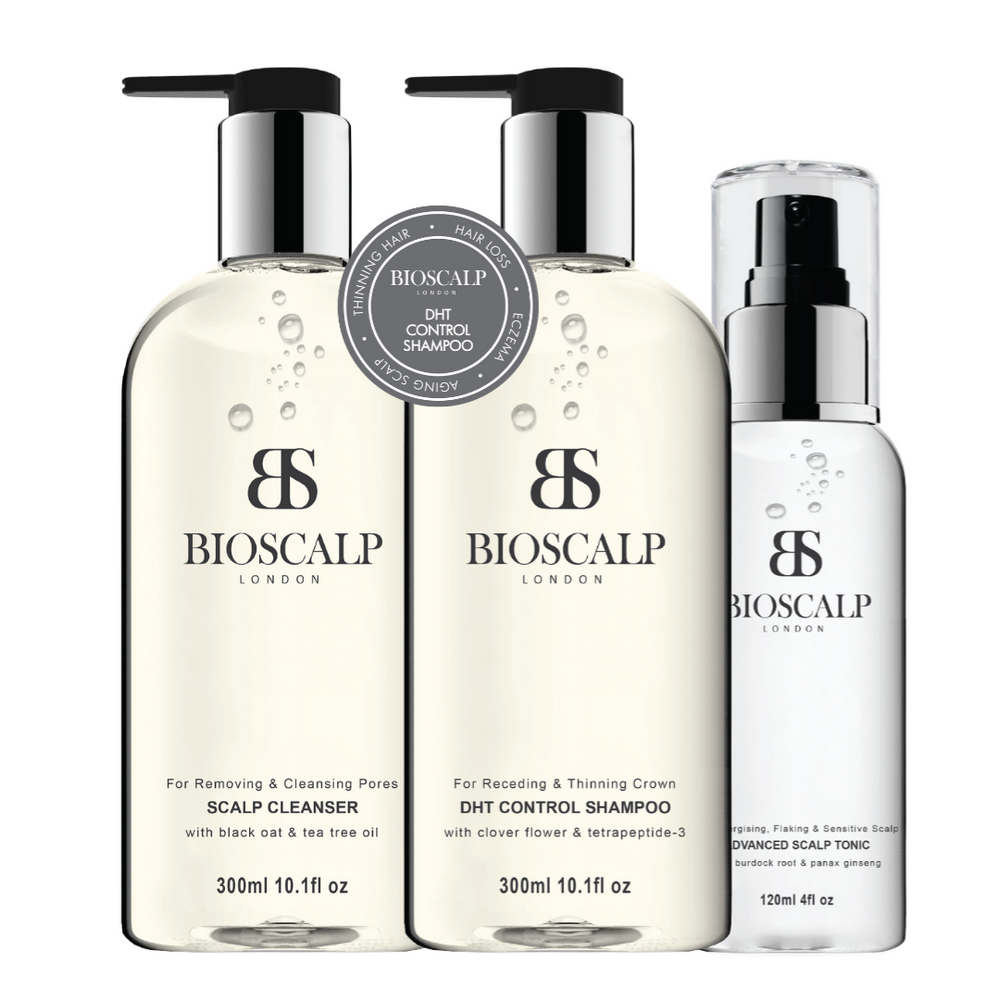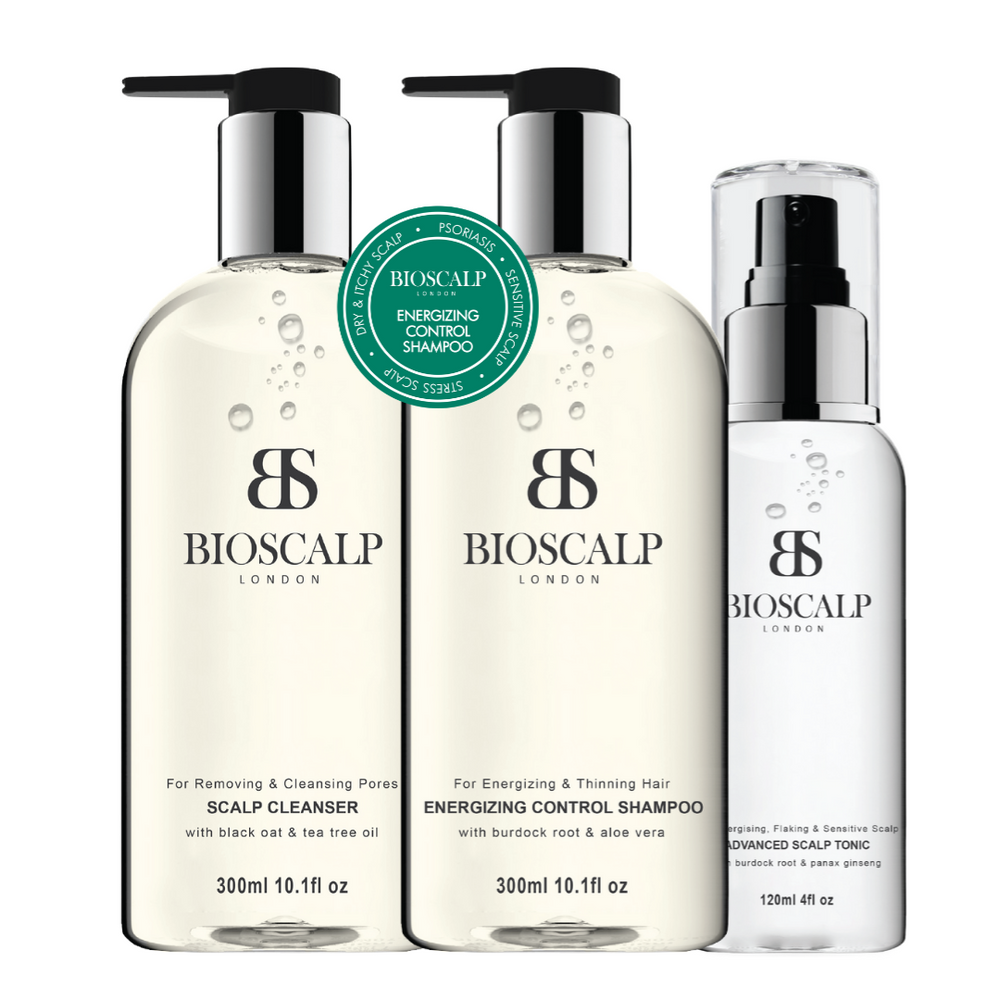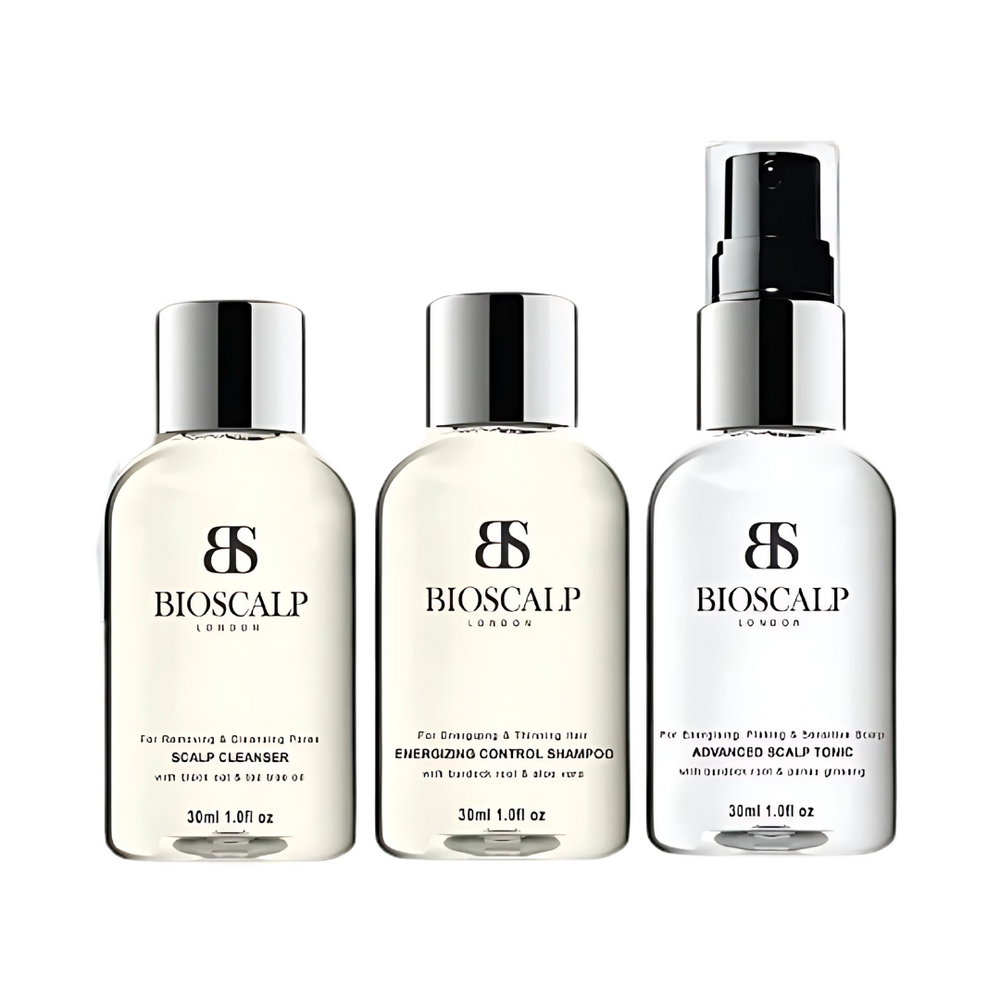Scalp acne, though less visible than facial acne, can be just as bothersome. It manifests as painful bumps, redness, and itching, often caused by clogged hair follicles, product buildup, and bacterial growth. If you’re searching for ways to reduce scalp acne, this guide will walk you through effective treatment approaches, natural remedies, and lifestyle adjustments to tackle the problem head-on.

Treatment Approaches
Choose the Right Shampoo
The foundation of treating scalp acne starts with selecting the appropriate shampoo. Oil-free and non-comedogenic products help reduce the chances of clogged pores, while shampoos containing specific active ingredients work to treat the underlying causes of scalp acne.
- Salicylic Acid: Helps break down dead skin cells and clear clogged pores, reducing inflammation and preventing future breakouts.
- Selenium Sulfide: Reduces yeast buildup, particularly effective if dandruff is contributing to the acne.
- Zinc Pyrithione: A common ingredient in anti-dandruff shampoos, it helps fight bacteria and fungi that irritate the scalp.
- Ketoconazole: A powerful antifungal agent that targets Malassezia, a yeast linked to scalp acne.
Using these shampoos regularly ensures that oil, dirt, and product residue are removed, leaving your scalp clean and healthy.
Incorporate Active Ingredients
In addition to specialized shampoos, consider products that contain potent active ingredients:
- Benzoyl Peroxide: Known for its antibacterial properties, benzoyl peroxide eliminates bacteria that contribute to acne. Apply it sparingly to avoid bleaching hair.
- Tea Tree Oil: A natural antibacterial and anti-inflammatory agent, tea tree oil can soothe irritation and reduce microbial activity. Add a few drops to your shampoo or dilute it in a carrier oil for direct application.
These active ingredients work by addressing the root causes of scalp acne, from bacterial overgrowth to clogged follicles.
Home Remedies for Scalp Acne
For those who prefer natural solutions, several home remedies can provide relief:
- Apple Cider Vinegar Rinse: Dilute apple cider vinegar with water and use it as a post-wash rinse. Its antimicrobial properties balance the scalp’s pH and reduce bacterial growth.
- Aloe Vera Gel: Aloe vera has soothing and anti-inflammatory properties that can help calm irritated skin. Apply fresh gel directly to the scalp for quick relief.
- Tea Tree Oil: In its natural form, tea tree oil is a go-to remedy for scalp acne. Mix a few drops with coconut or jojoba oil and massage it onto the scalp.
- Garlic-Based Treatments: Though unconventional, garlic’s antimicrobial properties make it effective for reducing scalp acne. Mash garlic and mix it with honey before applying it to the scalp.
Natural remedies work best for mild to moderate scalp acne and are often easy to incorporate into your existing hair care routine. When trying home remedies for scalp care, always perform a patch test first to avoid potential allergic reactions or irritation, and consult a dermatologist if symptoms persist or worsen.

Lifestyle and Hygiene Modifications
Maintain Proper Scalp Hygiene
One of the most effective ways to reduce scalp acne is to keep the scalp clean. Wash your hair more frequently, especially after sweating, to remove oil, dirt, and residue. Avoid excessive use of styling products, as these can lead to buildup.
Change pillowcases regularly, as they can harbor oil and bacteria that contribute to scalp breakouts. If you frequently wear hats or helmets, clean them often to prevent bacterial contamination.
Manage Stress Levels
Stress can increase the production of cortisol, which may trigger excess oil production on the scalp. Practice stress management techniques such as meditation, yoga, or regular exercise to maintain hormonal balance and reduce acne flare-ups.
Maintain a Balanced Diet
Diet plays a crucial role in skin health. Reduce your intake of sugary and processed foods, which can worsen inflammation, and opt for a diet rich in omega-3 fatty acids, fruits, vegetables, and lean proteins. Staying hydrated also helps keep the skin healthy and balanced.
Medical Interventions
For persistent or severe scalp acne, professional treatments may be necessary. Dermatologists can recommend advanced options such as:
- Topical Antibiotics: To reduce bacterial growth and inflammation on the scalp.
- Steroid Injections: For painful, inflamed bumps that don’t respond to topical treatments.
- Oral Medications: These may include antibiotics or isotretinoin for severe acne cases.
- Phototherapy: A non-invasive option that uses light to reduce inflammation and kill bacteria on the scalp.
These treatments are typically reserved for individuals who don’t see improvement with over-the-counter options or home remedies.
What to Avoid
While managing scalp acne, it’s essential to avoid habits that may worsen the condition. Refrain from popping or picking at scalp pimples, as this can cause further inflammation, infection, and even scarring. Additionally, limit the use of heavy, oil-based hair products that can clog pores.
Conclusion
Reducing scalp acne requires a combination of targeted treatments, natural remedies, and proactive lifestyle changes. From choosing the right shampoo and incorporating active ingredients to maintaining scalp hygiene and managing stress, there are many ways to address and prevent scalp acne effectively.
For more severe cases, seeking medical advice ensures access to advanced treatments that provide lasting relief. By taking a comprehensive approach, you can achieve a healthier scalp and restore your confidence.








